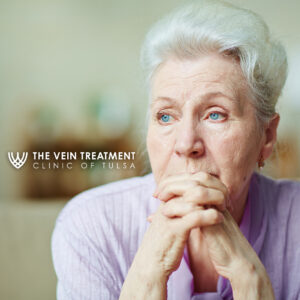 Knowing the Symptoms
Knowing the Symptoms
Varicose veins and blood clots are two common conditions that affect the circulation system of the human body. While they are often seen as separate issues, there is a connection between them that is important to understand.
What are varicose veins?
Varicose veins are swollen, twisted veins that are visible just under the surface of the skin. They most commonly occur in the legs and feet but can appear in other areas of the body as well. Varicose veins happen when the valves in the veins that keep blood flowing towards the heart become weakened or damaged, causing blood to pool in the veins and stretch them out. This can lead to symptoms such as pain, swelling, and aching in the affected area.
What are blood clots?
A blood clot is a clump of blood that forms when the body’s natural clotting mechanism goes into overdrive. This can happen in response to an injury or as a result of certain medical conditions. Blood clots can be either deep vein thrombosis (DVT) or superficial thrombophlebitis. DVT is a clot that forms in a deep vein, typically in the leg, and can be very serious as it can break off and travel to the lungs, causing a pulmonary embolism. Superficial thrombophlebitis is a clot that forms in a vein closer to the surface of the skin and is generally less serious but can still cause pain and discomfort.
The Connection Between Varicose Veins and Blood Clots
Varicose veins and blood clots are connected because they both involve the circulatory system. Varicose veins can increase the risk of blood clots for several reasons. Firstly, the damaged valves in varicose veins can cause blood to pool and flow more slowly, which increases the risk of clotting. Secondly, the walls of varicose veins are often thinner than those of healthy veins, making them more prone to damage and allowing clots to form more easily. Finally, varicose veins can cause inflammation and irritation, which can also increase the risk of blood clots.
Varicose veins and blood clots are both common circulation issues that can be prevented with a healthy lifestyle.
If you are experiencing symptoms of either condition, Vein Treatment Clinic of Tulsa wants to help you! Give us a call at 918-398-8900 to start living your best life today!



